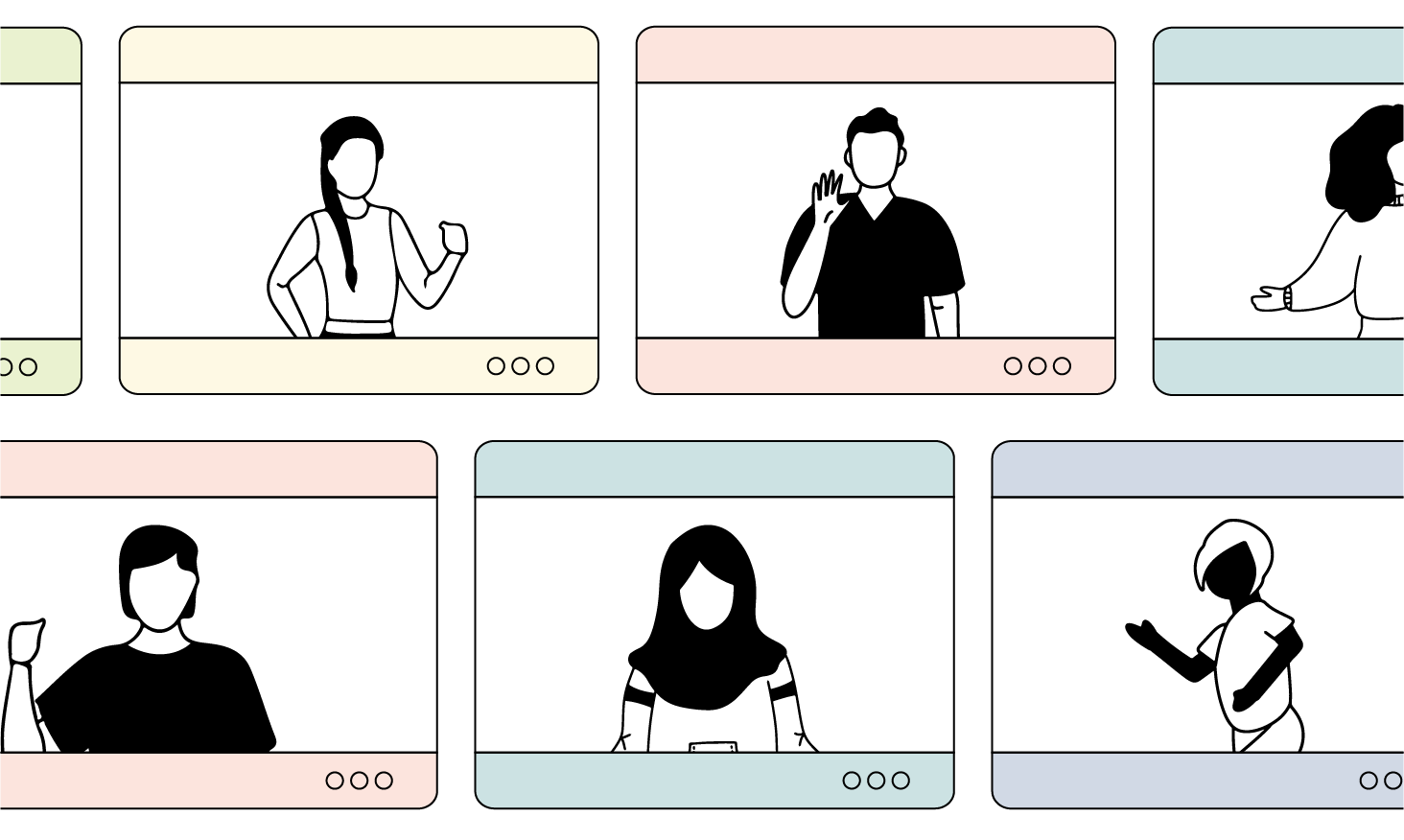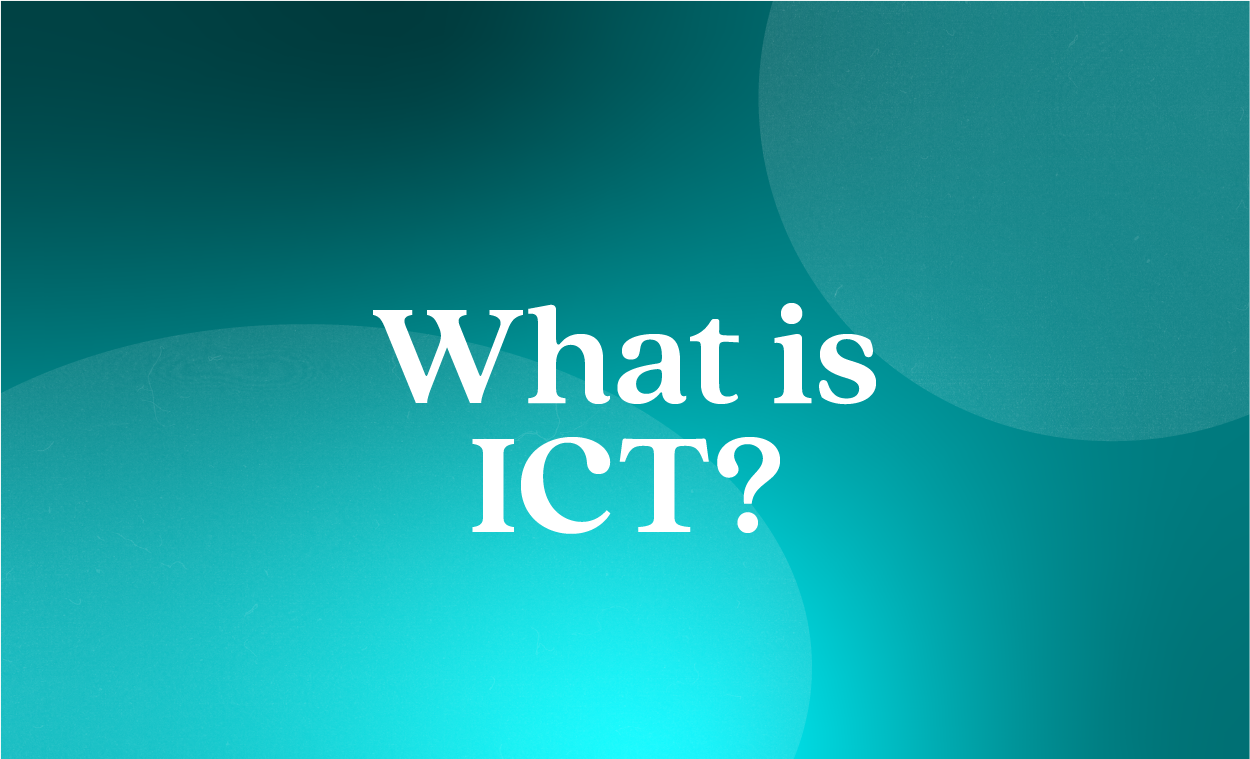Why Integrative Community Therapy?
Integrative Community Therapy, A Powerful Tool in Mental Healthcare

Integrative Community Therapy creates a forum for collective healing and proliferation of resiliency
What is Integrative Community Therapy?
Integrative Community Therapy, also known as ICT, uniquely approaches alleviating mental healthcare issues by offering community-based conversation guided by skilled moderators to allow individuals to share, discuss, and heal from the everyday challenges that life can bring. Integrative Community Therapy was inspired by the concept of Terapia Comunitária Integrativa, and is based on the teachings and beliefs of Dr. Adalberto Barreto, Paolo Freire, cultural anthropology, Resilience Theory, Theory of Human Communication and systemic thought.
Each ICT session takes place in 5 parts:
1. Welcoming: Participants arrive, are greeted by one another, and are led through orientation, including celebration of holidays and birthdays, and discussion of rules of engagement.
2. Voting on the Session’s Topic: Participants are invited to propose topics for the session based on what they are struggling with in their daily lives. Once several proposals have been considered, participants vote on which topic they would like to discuss as a group. Individuals are asked to introduce themselves before proposing a topic.
3. Contextualization: The person whose topic is chosen is asked to provide more details about what their specific struggle is. Participants are invited to ask questions. The topic is then broadened to incorporate experiences from all group members.
4. Sharing: Individual participants are asked to share their own experiences with the theme. They can share their ways of coping but are asked not to “give advice”. Instead, they can provide details of their own narrative. All participants are invited and encouraged to share through the form of expression that they desire, including poetry, singing and other forms of verbal and nonverbal expression.
5. Concluding Ritual: Traditionally, the group stands in a circle, holds hands and recites a prayer or concluding statement.
The Power Lies in Horizontal Sharing
In this practice, horizontal (or circular) sharing between participants is prioritized over vertical methods, in which some authority bestows knowledge or solutions upon a receiver of said knowledge in a top-down manner. Participants come together with an equally valid but broad and diverse range of knowledge and experiences. Once the individual becomes the owner of their narrative and knowledge, they feel more capable of facing problems in their life. The theory of practice asserts that solutions to a community’s biggest challenges are hidden within broken networks that must be rebuilt and reintegrated into shared community understanding. As such, the community acquires the power to replace its dependence on perceived systemic authorities.
Why utilize Integrative Community Therapy?
By emphasizing community building in a shared environment, ICT creates a forum for collective healing and proliferation of resiliency. The practice of ICT provides a novel and robust approach to bottom-up community-based group therapy. The participatory and emancipatory elements of ICT implicate its use as a powerful tool to empower members of disenfranchised communities who suffer from mental illness.
This practice asserts that liberation from systemic oppression occurs most completely when individuals maintain ownership of their personal and communal narrative. ICT applies this idea by facilitating patients’ in contextualizing their own mental and spiritual healing, encouraging participants to create and share their narratives in a safe space. This allows participants to feel empowered through community input and collective storytelling to become the protagonists of their own stories.




